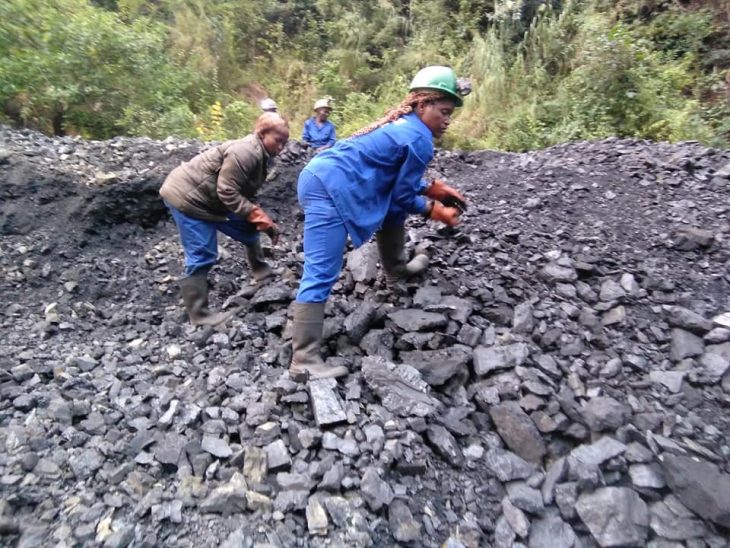
Revitalizing Malawi’s Economy through Inclusive Mining Practices
Key Business Points
- Effective regulation is crucial for mining activities to directly benefit communities and prevent exploitation and environmental harm, according to the Evangelical Association of Malawi (EAM) and its partners.
- Transparency in mining operations is essential to ensure that citizens are aware of who benefits from mining and to contribute to national and local development, as emphasized by Norwegian Church Aid (NCA) country director Stephan Jansen.
- Stakeholder engagement is vital in shaping responsive mining policies, as highlighted by the Ministry of Natural Resources, Energy and Mining acting director of mines Mphatso Chikoti, to understand ground-level issues and inform policy formulation.
The Evangelical Association of Malawi (EAM) and its partners have urged the government to prioritize community welfare in mining policies, citing the potential for mining to uplift livelihoods if properly regulated. Weak regulation can lead to exploitation and environmental harm, warns EAM general secretary Reverend Francis Mkandawire. The association stresses that mining can be a double-edged sword, worsening poverty if oversight is lacking. Mkandawire emphasized the need for adequate oversight to prevent mining from becoming a major problem with long-lasting consequences for communities.
The Norwegian Church Aid (NCA) country director Stephan Jansen echoed this sentiment, challenging the government to ensure transparency in mining operations. He cautioned that the global energy transition should not become another scandal, with citizens left in the dark about who benefits from mining. Jansen’s remarks underscore the importance of transparency in ensuring that mining contributes to national and local development. As the Chichewa phrase "ukongwe umodzi" (unity is strength) suggests, collaborative efforts between stakeholders can drive positive change in the mining sector.
The Ministry of Natural Resources, Energy and Mining acting director of mines Mphatso Chikoti acknowledged the importance of stakeholder engagement in shaping responsive mining policies. He highlighted the value of platforms like the conference hosted by EAM, which provide an opportunity for the ministry to understand ground-level issues and feed that information into policy formulation. This collaborative approach can help ensure that mining policies prioritize community welfare and promote sustainable development.
According to the Malawi Government Annual Economic Report 2025, mining contributed one percent to the country’s gross domestic product (GDP) last year. However, before the Kayelekera Uranium Mine was put on care and maintenance in 2014, mining used to contribute 10 percent to GDP. The mine’s recent operational restart may provide a boost to the sector. As Malawi’s business community looks to the future, it is essential to prioritize kwenda kumvera (sustainable development) and ensure that mining activities benefit local communities, driving economic growth and investment opportunities in the country.
What are your thoughts on this business development? Share your insights and remember to follow us on Facebook and Twitter for the latest Malawi business news and opportunities. Visit us daily for comprehensive coverage of Malawi’s business landscape.
- Malawi Entrepreneurs: Scale Your SME, Strengthen the Economy - February 10, 2026
- Chichiri Mall’s Retail Shift: Icon Secures Opportunity for Malawi’s Business Growth Post Shoprite - February 10, 2026
- Icon Properties: Shoprite Departure Spurs Opportunity in Malawi’s Evolving Market - February 10, 2026
